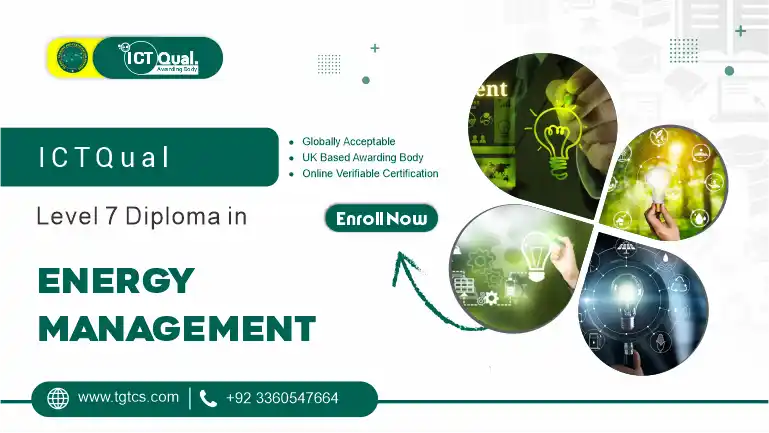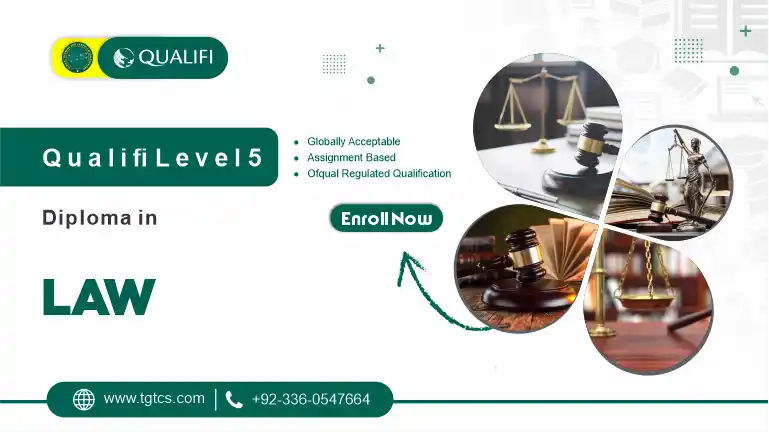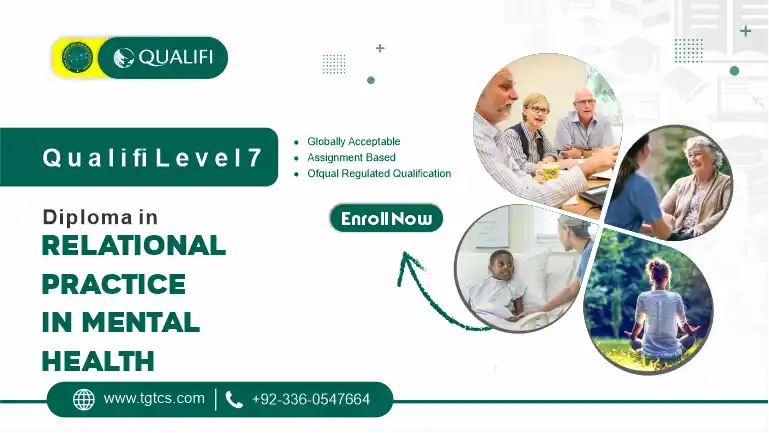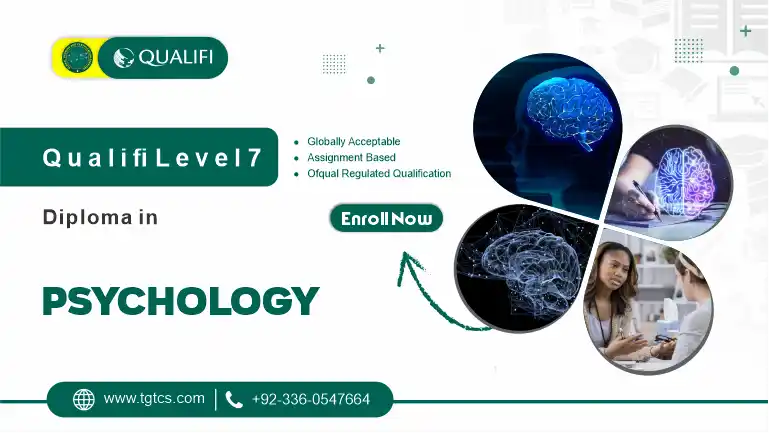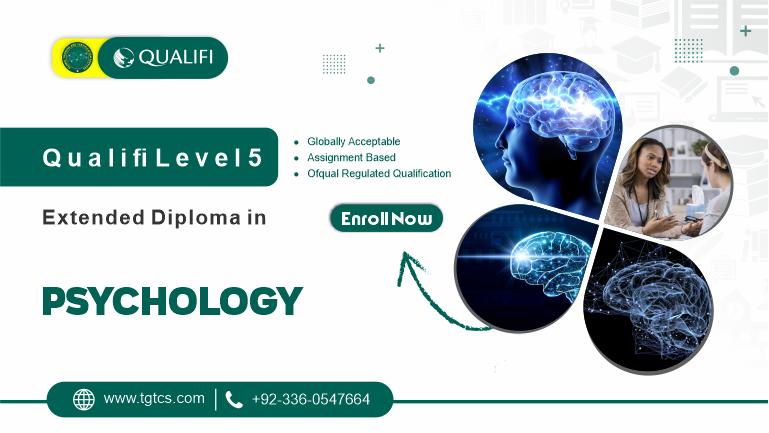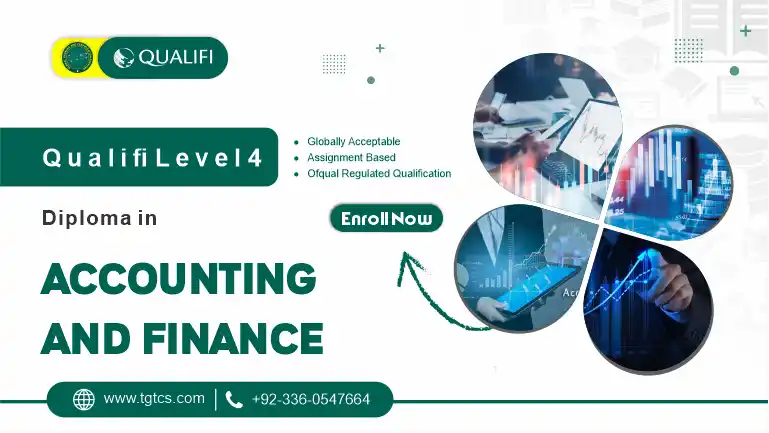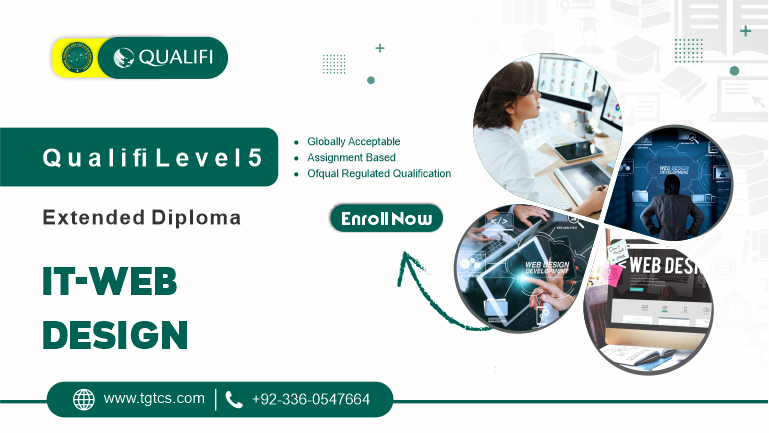ICTQual Level 7 Diploma in Energy Management
In an era where sustainability and energy efficiency are paramount, professionals equipped with advanced knowledge in energy management are increasingly sought after. The ICTQual Level 7 Diploma in Energy Management is a premier qualification designed for individuals aiming to enhance their expertise in managing energy resources effectively. This comprehensive program not only prepares you for leadership roles in the energy sector but also aligns with global initiatives promoting sustainable practices.
The ICTQual Level 7 Diploma in Energy Management is a prestigious qualification tailored for professionals looking to deepen their understanding of energy systems, management strategies, and environmental policies.
The program is designed and delivered by industry experts, ensuring that you gain cutting-edge insights into the latest trends and best practices in energy management. You’ll learn to navigate the complexities of energy systems and develop innovative solutions.
Enrolling in this diploma connects you with a community of professionals, industry leaders, and academics. These networking opportunities can lead to collaborations, mentorship, and new career paths. Engaging with peers and experts will enrich your learning experience.
The ICTQual Level 7 Diploma in Energy Management is more than just a qualification; it’s a vital step toward a rewarding career in a sector that is critical to our future. By equipping yourself with the skills and knowledge necessary to manage energy resources effectively, you’ll play a pivotal role in promoting sustainability and driving positive change within your organization and the wider community.
Don’t miss the opportunity to advance your career and contribute to a more sustainable future—enroll in the ICTQual Level 7 Diploma in Energy Management today and become a leader in the energy sector!
The Global Training and Certification Services (TGTCS) is Directly Approved Training Centre of ICTQual
The ICTQual Level 7 Diploma in Energy Management is an advanced qualification designed for professionals seeking to enhance their expertise in energy management and sustainability.
This course covers key topics such as energy efficiency, renewable energy technologies, and environmental policies, providing a comprehensive understanding of how to optimize energy use across various sectors.
Participants will engage in practical applications, learning to develop and implement effective energy management strategies.
The program is recognized globally, making it a valuable asset for career advancement in the energy sector.
With flexible learning options and opportunities for networking with industry experts, this diploma prepares individuals for leadership roles in driving sustainable practices and fostering environmental responsibility.
Mandatory Units
- Introduction to energy management
- Technical and Operational
- Behavioural Change and Motivation
- Waste Management
- Transport
- Water
- Procurement
- Information & Communications Technology
- Energy Assessments, Measurements and Verification
- Regulatory & Legal Compliance and Carbon Management
- Strategy/Plan in energy management
- Understand Energy Management Principles: Articulate the fundamental concepts of energy management and sustainability, including the impact of energy consumption on the environment.
- Analyze Energy Usage: Assess energy consumption patterns within various sectors and identify opportunities for improvement and efficiency.
- Implement Energy Reduction Strategies: Develop and execute strategies to reduce energy consumption and enhance energy efficiency in organizations.
- Evaluate Renewable Energy Options: Analyze different renewable energy technologies and assess their feasibility and applicability in diverse contexts.
- Develop Policy Frameworks: Create and advocate for energy management policies that promote sustainability and compliance with environmental regulations.
- Lead Sustainable Initiatives: Demonstrate leadership skills in driving organizational change towards sustainable energy practices and promoting a culture of energy awareness.
- Conduct Energy Audits: Perform comprehensive energy audits and assessments to identify inefficiencies and recommend solutions.
- Engage Stakeholders: Communicate effectively with stakeholders about energy management strategies and initiatives, fostering collaboration and support.
By achieving these outcomes, participants will be well-equipped to make a significant impact in their organizations and the broader energy sector.
- Enhanced Career Opportunities: This diploma is a recognized qualification that can open doors to advanced roles in energy management, sustainability, and related fields, helping you stand out to employers.
- In-depth Knowledge: Gain a comprehensive understanding of energy management principles, renewable energy technologies, and environmental policies, enabling you to make informed decisions in your organization.
- Practical Skills: Learn to implement effective energy management strategies and conduct energy audits, equipping you with the skills needed to drive real change in energy efficiency.
- Leadership Development: Develop essential leadership and communication skills, preparing you to lead initiatives and advocate for sustainable practices within your organization.
- Networking Opportunities: Connect with industry experts and peers, building a valuable professional network that can support your career growth and collaboration on sustainability projects.
- Flexibility in Learning: With various learning options available, you can tailor your education to fit your personal and professional commitments, making it easier to balance work and study.
- Contribution to Sustainability: Play a crucial role in promoting environmental responsibility and sustainability in your organization, helping to address global energy challenges.
- Stay Ahead of Industry Trends: Stay updated on the latest developments and best practices in energy management, positioning yourself as a knowledgeable leader in a rapidly evolving field.
By completing the ICTQual Level 7 Diploma in Energy Management, you’ll be empowered to make a meaningful impact in your organization and the energy sector at large.
The ICTQual Level 7 Diploma in Energy Management is designed for a diverse range of professionals who are looking to advance their careers in the energy sector. The ideal learner for this course typically includes:
- Mid- to Senior-Level Professionals: Individuals currently working in energy management, sustainability, environmental policy, or related fields who seek to enhance their expertise and take on leadership roles.
- Environmental Consultants: Professionals advising organizations on energy efficiency and sustainability practices, aiming to deepen their knowledge and improve service offerings.
- Energy Auditors and Assessors: Those involved in conducting energy audits who want to refine their skills and gain a formal qualification to advance their careers.
- Project Managers: Managers overseeing energy projects who wish to strengthen their understanding of energy management strategies and improve project outcomes.
- Corporate Sustainability Officers: Individuals responsible for developing and implementing sustainability initiatives within their organizations, looking to gain advanced knowledge in energy management.
- Policy Makers and Regulators: Professionals involved in creating or enforcing energy policies who want to understand the practical implications of energy management strategies.
- Recent Graduates: Individuals with a background in environmental science, engineering, or related fields who aspire to specialize in energy management and sustainability.
- Lifelong Learners: Professionals committed to continuous improvement and seeking to stay current with industry trends and best practices in energy management.
This course is ideal for anyone motivated to make a significant impact in their organization and the broader energy sector, driving forward the agenda of sustainability and efficient energy use.
The ICTQual Level 7 Diploma in Energy Management offers a structured learning pathway that allows participants to build their expertise progressively. Here’s how the course typically progresses:
- Foundation Knowledge:
- Introduction to Energy Management: Understand the key concepts, terminology, and frameworks related to energy management and sustainability.
- Current Energy Trends: Explore the latest developments in the energy sector, including renewable energy technologies and policy changes.
- Core Modules:
- Energy Efficiency Practices: Dive into techniques for optimizing energy consumption and implementing energy-saving measures within organizations.
- Renewable Energy Systems: Study various renewable energy sources, their applications, and how to evaluate their feasibility for different contexts.
- Advanced Analysis:
- Energy Auditing Techniques: Learn how to conduct comprehensive energy audits to identify inefficiencies and recommend improvements.
- Data Analysis for Energy Management: Develop skills in analyzing energy data to inform decision-making and strategy development.
- Strategic Implementation:
- Policy Development and Implementation: Gain insights into creating effective energy management policies that promote sustainability and compliance.
- Project Management in Energy Initiatives: Learn project management principles specifically tailored for energy management projects.
- Leadership and Advocacy:
- Stakeholder Engagement: Understand how to communicate effectively with stakeholders and promote energy management initiatives within organizations.
- Leadership Skills: Develop essential leadership qualities needed to drive change and inspire teams towards energy efficiency goals.
- Capstone Project:
- Practical Application: Engage in a capstone project that allows participants to apply their learning to real-world scenarios, demonstrating their ability to develop and implement energy management strategies.
- Certification:
- Assessment and Accreditation: Successfully complete assessments to earn the ICTQual Level 7 Diploma in Energy Management, signifying your expertise and readiness to lead in the field.
This structured progression ensures that participants not only acquire theoretical knowledge but also gain practical skills and experience, preparing them for impactful careers in energy management and sustainability.
Course Overview
Course Level
Level 7
Course Units
11 Mandatory Units
Duration
6 to 18 Months
